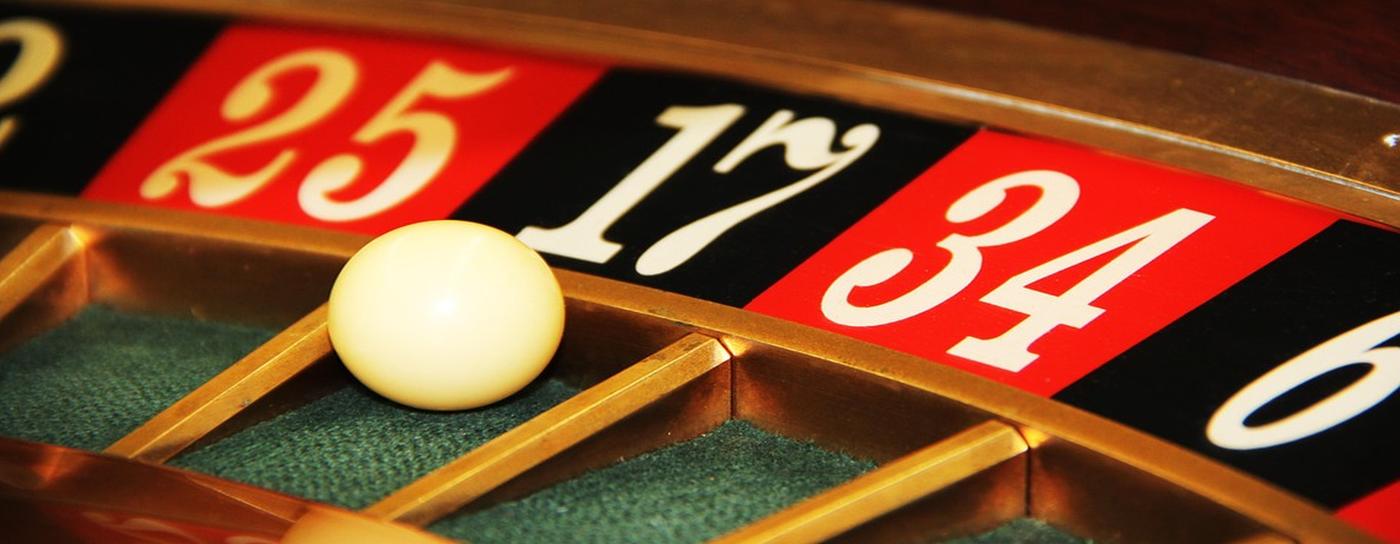
“Tragic gambler who was ‘groomed’ with a bonus: How online casino plied 25-year-old with a £400 booster just hours before he took his own life”
In late May this article was published. To say it caused a bit of rumpus is an understatement.
Firstly, it’s very important to praise and respect the bravery of Chris’ family for allowing publication, despite the fact that this will have re-opened their grief. All at J4P thank and wish them well.
This Daily Mail article touches on just about everything that is wrong with the modern gambling industry and its regulation.
If you think it can’t happen again, think again. J4P had a new case three weeks ago where the person had been saved by excellent NHS staff following a suicide attempt. And if you think that the Office of National Statistics (ONS) figures on gambling related suicide are accurate you don’t understand how coroner’s work:
Even the ONS itself states, “The data is not considered completely reliable because the coroner will not always record detailed information regarding the deceased’s history.”
‘Gambling with Lives’ has compiled and published evidence on the links between gambling and suicide. International evidence, when applied to the UK population, indicates between 250 and 650 gambling related suicides every year in the UK; that gambling addicts are 15 times more likely to take their own lives than the general population and that 5% of gambling addicts attempt to take their own lives every year. The list goes on and on (https://www.gamblingwithlives.org/research).
Following publication of the article it was understandable that most who commented were appalled.
Society is continually told that gambling is part of the entertainment industry. With the exception of alcohol, are any other legal industries that cause suicide categorised as entertainment? Nevertheless, gambling is entertainment for the majority who partake, but it’s worth noting that 5% of the population has used self exclusion in an attempt to stop gambling for varying reasons (https://www.gamblingcommission.gov.uk/PDF/survey-data/Gambling-participation-in-2019-behaviour-awareness-and-attitudes.pdf [pages 21-22]).
There is a small group of people who take their sports betting very seriously. Some of these people are ‘professional punters’, whilst others are aspirational about their betting. As appears frequently on J4P’s website these people frequently struggle to get their bets on with traditional online gambling companies. These companies use all sorts of methods, mostly legal, to make sure they don’t take sports bets off this small group of people. This involves a wide range of technology and a crowd of staff watching screens and analysing personal data.
The same applies for a group of people known as ‘arbers’ who try to ensure a guaranteed profit when betting.
There’s also an ‘at risk’ group. Figures vary, but it’s broadly accepted that around 0.7-0.9% of the UK population has a gambling disorder (https://assets.publishing.service.gov.uk/government/uploads/system/uploads/attachment_data/file/243515/9780108509636.pdf), albeit this may be an underestimate. The figures for ‘at risk’ are much more controversial and often depend on the methodologies and definitions used.
The first two groups of people are monitored very closely by the online gambling industry at a large cost. Intervention is rapid, mainly using stake restrictions, which may mean only 1p bets can be placed. The government and its regulator is told that the latter group is also closely monitored, but intervention can be slow. Why is this?
The Daily Mail article generated apologies from the gambling company and others associated with the gambling industry; again understandable.
More difficult to understand was the role of the Gambling Commission in this sad affair. J4P doesn’t have the time or the contacts to work this one out, so we’ll leave it.
What J4P does have is data from many people who gamble that would strongly suggest that somebody at the company involved, watched this story unfold closely. People gambling these amounts of money are nearly always tracked and watched closely on screens, in offices, all over the world.
Forget the emotion (not easy), the apologies, the fines, the donations by Playtech and think about the likely process of watching Chris’ gambling patterns on-screen. This shouldn’t be in the context of knowing a suicide might occur, but in the context of social responsibility and profit. Who had trained the person who was likely tracking the account? Who had set the social responsibility triggers for intervening? Do staff who monitor high spending accounts receive bonuses? More subtle, but very important, who had developed the company culture to let these losses occur without thinking about the potential personal outcomes?
This author would like to think that nobody sat and watched Chris’ spend in real-time and that any ‘flags’ generated automatically were genuinely missed. However, due to the involvement of a VIP team this is difficult to believe. VIP accounts are monitored very closely, so perhaps any thoughts of genuine staff mistakes are misplaced?
Crucially, how is the UK regulator still allowing gambling companies to set vitally important standards relating to social responsibility themselves? Quite amazingly, after all we know, the UK regulator is still allowing gambling companies to lead working groups who are advising on social responsibility standards. This is ‘madness’; sure the gambling companies need to be involved, but leading is misplaced trust.
Extremely hard to accept, but more suicides caused by, or in part by gambling, will occur. However, there is no excuse for the inertia in the UK gambling system to look at new ways of avoiding the ultimate in harm. This must include a closer consideration of how gambling products are designed and delivered, plus how to rapidly and constructively interact with customers.
Legal, regulated gambling will continue to cause harm and everyone has their part to play in reducing that harm. It’s time to drop the ‘responsible gambling’ narrative, which has placed all responsibility on the individual gambling customer and adopt a shared responsibility approach that reflects the role of all parties. This culture change must involve people with ‘lived experience’ and those who’ve campaigned on their behalf. It must include more than those organisations that have traditionally received the vast majority of grant money available, e.g. GambleAware, Gamcare and YGAM.








